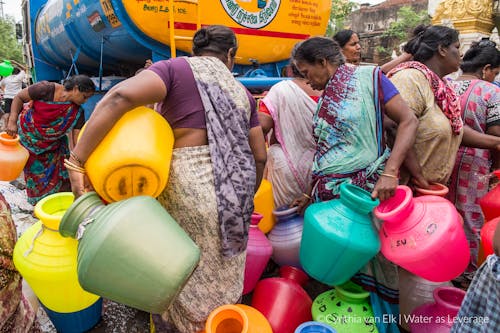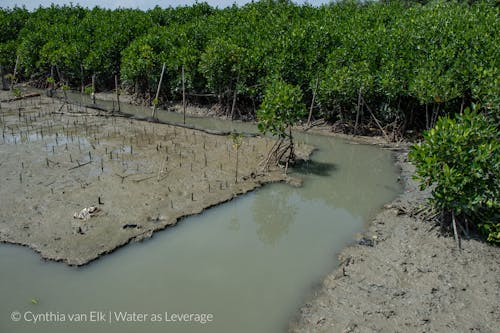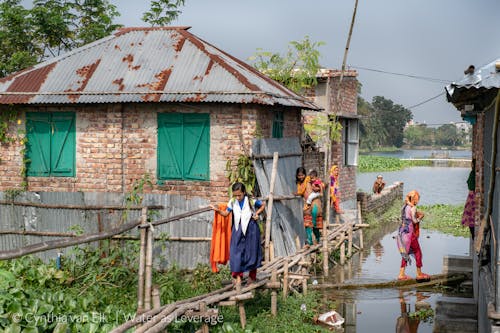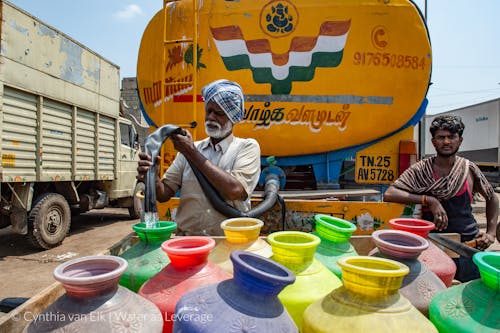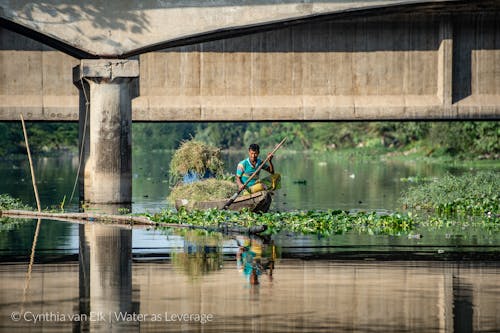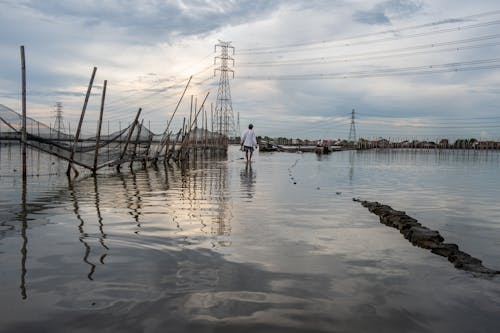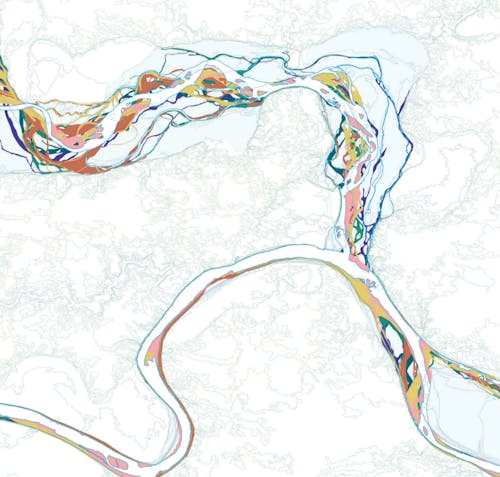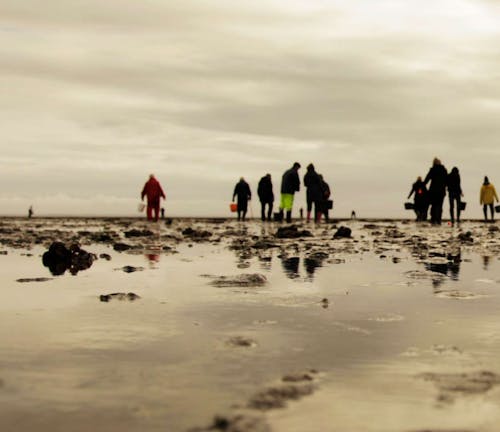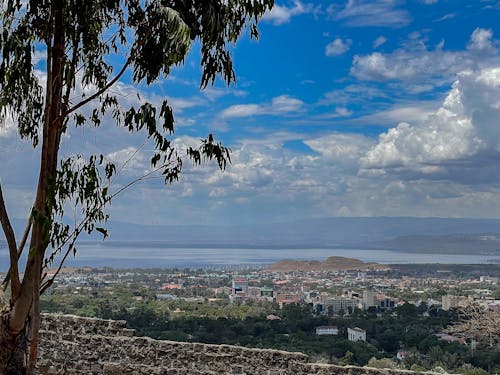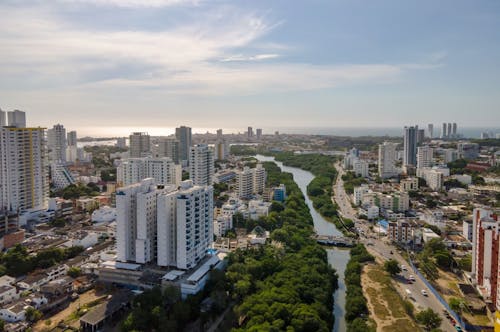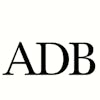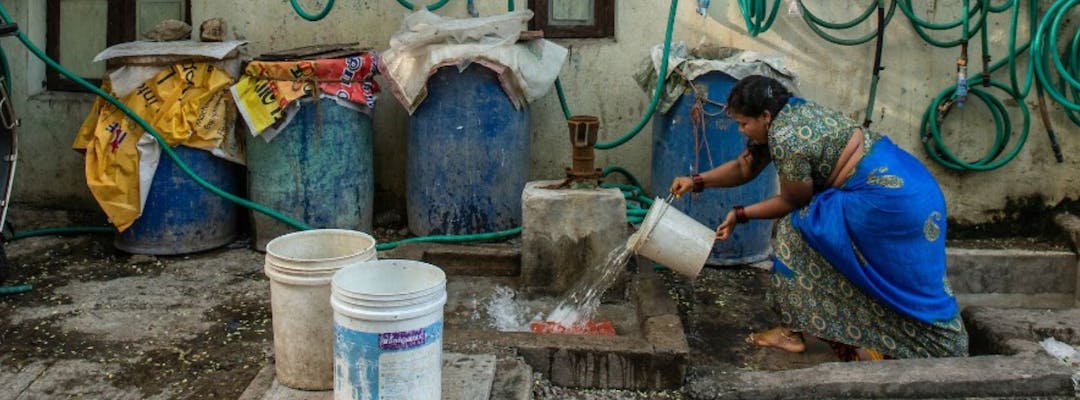

Water as Leverage
Water as Leverage
Academy • Initiatives • Factory
Climate change-induced floods, droughts, pollution, starvation, diseases, and conflicts are fundamentally related to water. Coupled with rapid and unplanned urbanization, these issues threaten the resilience of life support mechanisms on earth. Cities worldwide face water-related challenges, growing population density, and urban expansion. Siloes between science, national and local governance, communities and financiers of urban infrastructure and housing development is causing a disconnect and is hampering sustainable urban development. Thereby often aggravating water and climate risks instead of mitigating them. But cities can become part of a solution when water is a lever and a unifying force for sustainable urban development.
The global Water as Leverage (WaL) initiative is based on this conviction. By connecting long-term urban planning with short-term innovative transformations, ambitious climate adaptation plans with bankable projects, and water system knowledge with the construction of resilient cities can become better places. Integrating science, research, design, and finance and combining implementation practices with inclusive urban partnerships enables allows for the transformative change that is needed.
The objective of the global Water as Leverage programme is to advance urban water resilience through the development of transformative and inclusive projects in and with communities at risk, and with the partners that need to see through the implementation.
“Water as leverage is all about resilience. As citizens we will feel the impact of climate change. If we want to have liveable cities, we have to leverage water through engaging communities.”
Meike van Ginneken, Special Envoy for International Water Affairs for the Kingdom of the Netherlands
For more information see the Water as Leverage Guidance:
All photographs were taken on location by Cynthia van Elk. If you have any questions, please contact wal@rvo.nl
Water as Leverage
Water as Leverage for Resilient Cities
Water as Leverage for Resilient Cities Asia was the WaL programme’s first initiative. After issuing a call for action on World Earth Day 2018, The Netherlands Enterprise Agency (RVO) selected six international teams of water and climate experts, engineers, scientists, architects, and urban planners to develop groundbreaking approaches for three cities in Asia: Semarang (Indonesia), Khulna (Bangladesh), and Chennai (India). In May 2019, the teams submitted 24 project proposals that became the basis for 15 programmes tailored to address each city’s specific resilience needs. WaL Asia is ongoing in Khulna and Semarang, where the next phase of feasibility is running, and in Chennai where the demonstration project is being scaled to the neighbourhood and city level.
Since WaL Asia’s inception, the global WaL partnership has embarked on a journey with initiatives ongoing in Cartagena (Colombia), the Wadden Sea (Denmark, Germany, Netherlands), Nakuru (Kenya), Prayagraj (India), and Bangkok (Thailand). In March 2023, a global partnership committed to scaling WaL, as outlined in the Water as Leverage commitment to UN Water Action Agenda, announced two new initiatives: The WaL Factory and the WaL Academy. The Factory runs WaL initiatives in urban landscapes in different countries, while the Academy nurtures and shares the WaL approach culture across geographies, professional curricula, civil society, and policy arenas.
